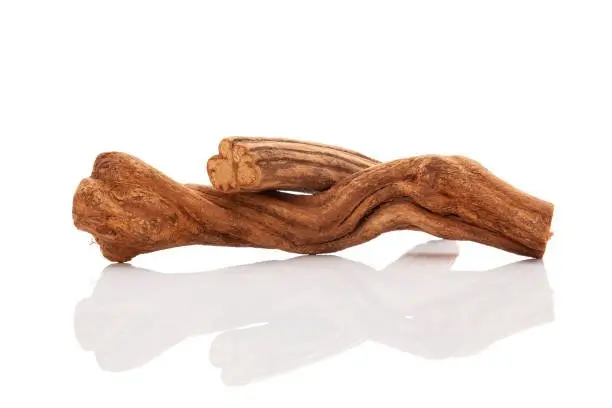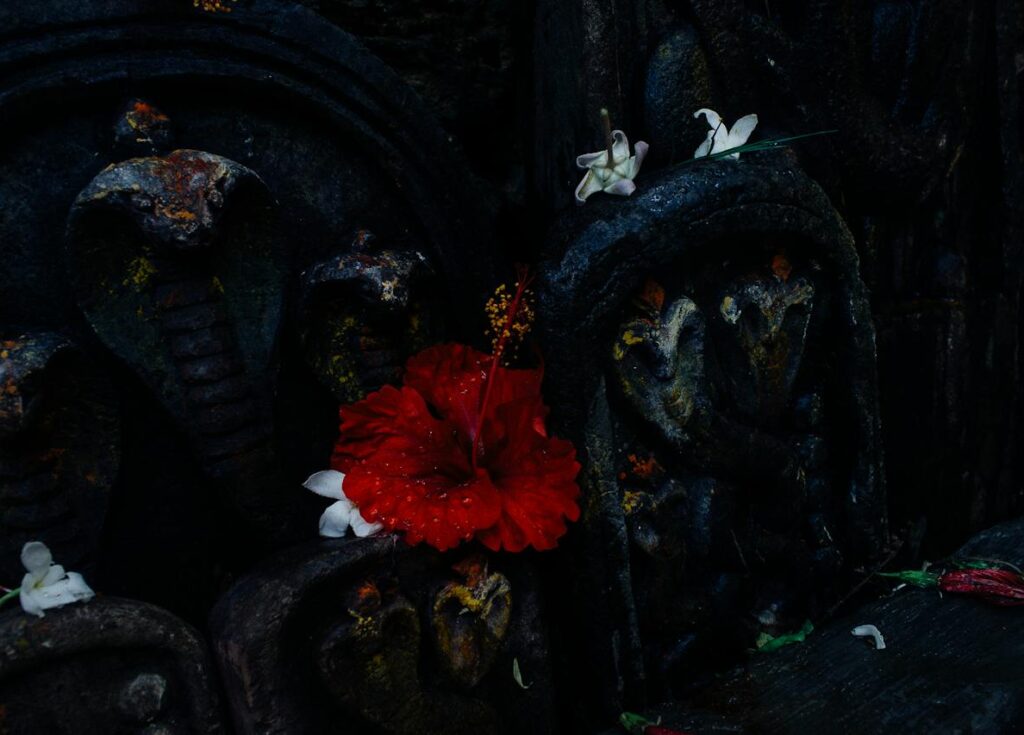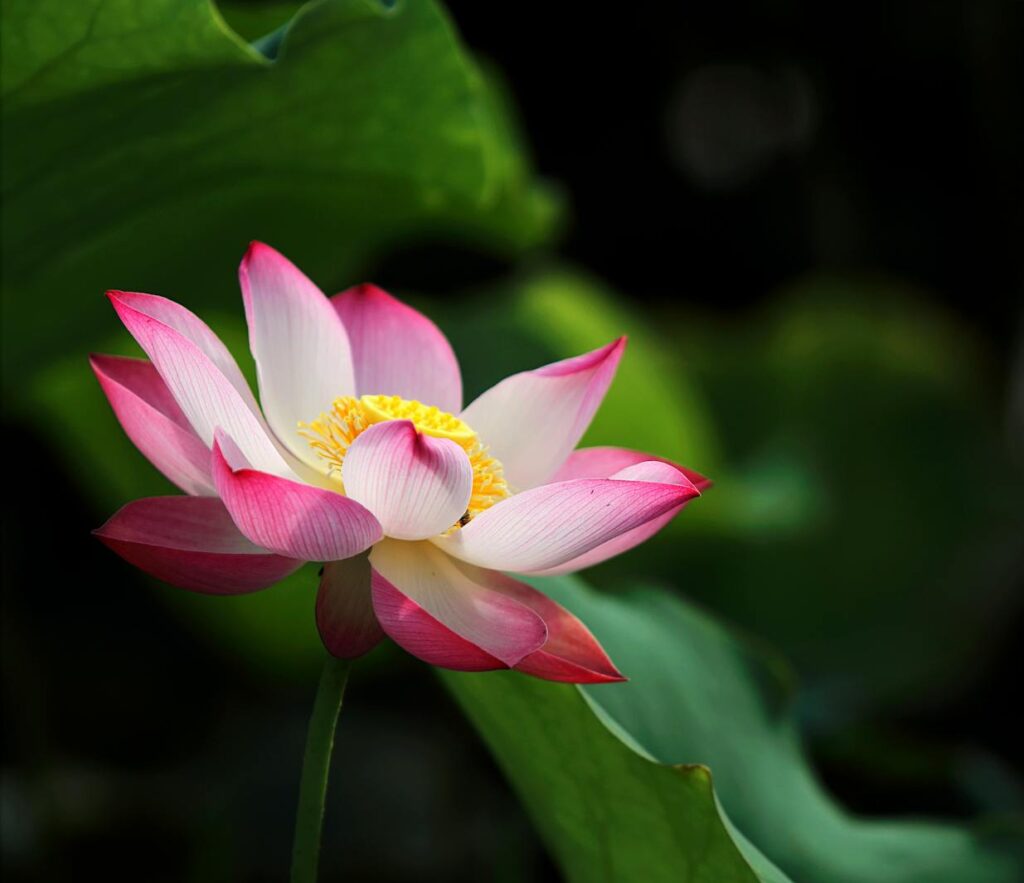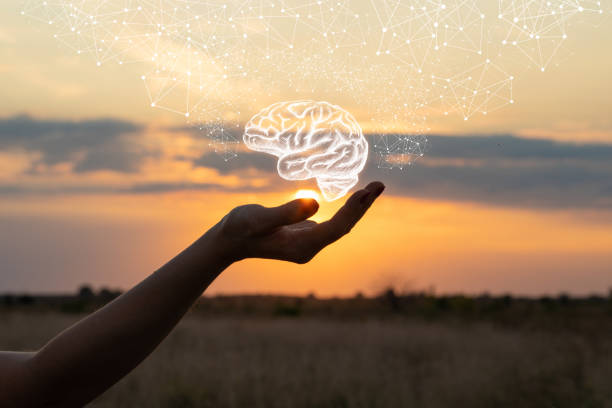Starter Yoga for Beginners
Begin your yoga practice with ease! Explore the basics of starter yoga designed for beginners. Uncover the transformative benefits for your mind and body. Embark on a transformative journey with My Sacred Healing, your sanctuary for holistic well-being. Here, we fuse ancient wisdom with modern practices to guide you towards a life of balance, serenity, and self-discovery. Discover the profound impact of yoga on your holistic well-being and let My Sacred Healing be your compass on this enriching voyage. Unveiling the Essence of Starter Yoga In this chapter, we peel back the layers to reveal the true essence of Starter Yoga. Gain a comprehensive understanding of this practice, from its foundational principles to the philosophy that underpins it. We’ll explore how Starter Yoga distinguishes itself from advanced practices, setting the stage for a journey that transcends physical exercise and taps into the profound spiritual and mental aspects of your being. Navigating the World of Beginner Yoga Embarking on your yoga journey is an exciting venture filled with discovery and growth. In this chapter, we’ll guide you through the essentials of beginner yoga, helping you lay a strong foundation for a transformative practice. Understanding the Basics Breathwork and Mindfulness As you step onto the mat, the rhythm of your breath becomes a guiding force. Explore the profound connection between breathwork and mindfulness, unraveling the secrets of how conscious breathing enhances your yoga experience. Learn techniques to synchronize breath with movement, fostering a harmonious connection between mind and body. Learn more. Importance of Proper Posture Posture is the silent architect of your yoga practice. Delve into the significance of maintaining proper alignment and posture during your sessions. Discover how correct posture not only ensures a safe practice but also maximizes the effectiveness of each pose, unlocking the full potential of your body’s energy flow. Learn more. Benefits of Beginner Yoga Physical Well-being Explore the myriad ways in which beginner yoga contributes to your physical well-being. From increased flexibility to enhanced strength, uncover the tangible and transformative benefits that await you on this journey. We’ll discuss how each pose and breath taken brings you closer to a healthier, more vibrant version of yourself. Mental Clarity The mat becomes a canvas for mental clarity. Delve into the mindfulness aspects of beginner yoga, understanding how the practice extends beyond the physical realm. Witness the calming effects on the mind as you cultivate a focused and centered approach to life, both on and off the yoga mat. Emotional Balance In the ebb and flow of beginner yoga, discover the profound impact on emotional well-being. We’ll explore how the practice serves as a sanctuary for emotional release and balance, helping you navigate the complexities of everyday life with newfound resilience and tranquility. Learn more. Dive into the Ocean of Yoga for Beginners Prepare to plunge into the enriching world of yoga for beginners. This chapter is your gateway to exploring introductory yoga and mastering fundamental poses that form the cornerstone of your practice. Exploring Introductory Yoga Embark on a journey of exploration as we unveil the essence of introductory yoga. Understand the philosophy and principles that underpin this foundational practice, setting the stage for a holistic and fulfilling yoga journey. Learn more. Basic Yoga Poses for Novices Mountain Pose Root yourself in the foundational Mountain Pose, discovering how this standing posture serves as a grounding force, fostering stability and awareness. We’ll guide you through the intricacies of alignment, ensuring you stand tall with confidence and strength. Downward-Facing Dog Explore the iconic Downward-Facing Dog pose, unraveling the benefits it brings to your entire body. From stretching the spine to energizing the mind, we’ll provide insights into perfecting this pose and making it an integral part of your practice. Learn more. Child’s Pose Discover the restorative power of Child’s Pose, a gentle and nurturing posture that invites surrender and relaxation. We’ll guide you through variations and modifications, allowing you to tailor this pose to your unique needs and comfort level. Warrior I and II Step into the powerful Warrior poses, cultivating strength, focus, and resilience. Learn the nuances of Warrior I and II, understanding how these dynamic poses build both physical and mental fortitude, empowering you on your yoga journey. Savasana (Corpse Pose) Conclude your exploration with Savasana, the serene Corpse Pose. We’ll delve into the art of relaxation, guiding you to surrender and rejuvenate your body and mind. Experience the profound stillness that Savasana offers, leaving you refreshed and ready for the next steps on your yoga path. The Gentle Touch of Yoga Initiation Embracing Gentle Yoga Practices In the serene realm of yoga initiation, there’s a profound beauty in embracing gentle yoga practices. It’s not just about the physical postures; it’s a holistic approach that nurtures your body, mind, and soul. Through gentle yoga, we learn to listen to our bodies, to move with intention, and to cultivate a sense of inner peace. Join us as we delve into the soothing world of gentle yoga, where each pose becomes a mindful journey towards self-discovery and well-being. Incorporating Meditation and Relaxation Techniques Meditation and relaxation are the heartbeats of a balanced yoga practice. In this section, we explore the art of stillness, guiding you through meditation techniques that bring tranquility to the mind. Learn how to quiet the mental chatter, find your center, and experience a profound sense of inner calm. We’ll also delve into relaxation techniques that go beyond the mat, helping you carry the peace cultivated during your practice into your everyday life. Discover the transformative power of stillness as we unlock the secrets of meditation and relaxation in your yoga initiation. Learn more. Crafting Your Yoga Journey Personalizing Your Yoga Routine Your yoga journey is a unique expression of self-discovery. In this chapter, we encourage you to personalize your yoga routine, making it a reflection of your individual needs and aspirations. Explore various styles, modify poses to suit your body, and discover the joy of creating a practice that resonates with your essence. From










